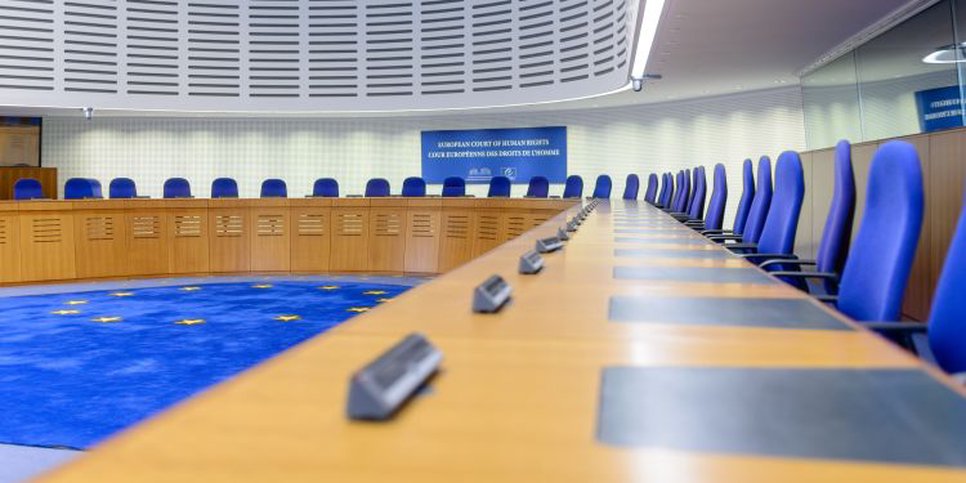Photo: Oleg Mikhaylov / Shutterstock.com
Photo: Oleg Mikhaylov / Shutterstock.com
The European Court will review the decision to ban Jehovah's Witnesses organizations in Russia as a matter of priority
FranceOn December 1, 2017, the European Court of Human Rights declared the complaint of Jehovah's Witnesses admissible, decided to consider it as a matter of priority, and ordered the Russian Federation to submit its explanations by March 23, 2018. The Russian Federation was invited to indicate its position regarding the conclusion of an amicable agreement in this case and to submit any proposals.
The complaint is titled "Administrative Center of Jehovah's Witnesses in Russia and Kalin v. Russian Federation" (No. 1018817). It was sent to the European Court in connection with the decision of the Supreme Court of Russia of April 20, 2017 to liquidate all 396 organizations of Jehovah's Witnesses in Russia and ban their activities on the grounds provided for by anti-extremist legislation.
Representatives of the Russian state will have to explain in writing to the international court: was there a violation of Article 11 of the European Convention, which guarantees the right to freedom of peaceful assembly and freedom of association with others? Has there been a violation of article 9, which guarantees the right to freedom of thought, conscience and religion, freedom to change one's religion or belief and freedom to manifest one's religion or belief, either individually or in community with others and in public or private, in worship, teaching or practising religion? Had there been a violation of article 14, which prohibits discrimination and guarantees equal rights for all, regardless of their religious beliefs or other characteristics? Separately, the question was raised whether there had been a violation of article 1 of Protocol 1 to the European Convention, which guarantees every natural or legal person the right to respect for their property, which implies that no one shall be deprived of his property except in the public interest and under the conditions provided for by law and general principles of international law?
It is well known that the decision to liquidate and ban all organizations of Jehovah's Witnesses in Russia entailed numerous violations of the rights of believers both by officials and by the aggressive part of society. With regard to individual believers, operational-search measures are being carried out, criminal cases are being initiated. Jehovah's Witnesses insist on the illegality of the decision against them.
